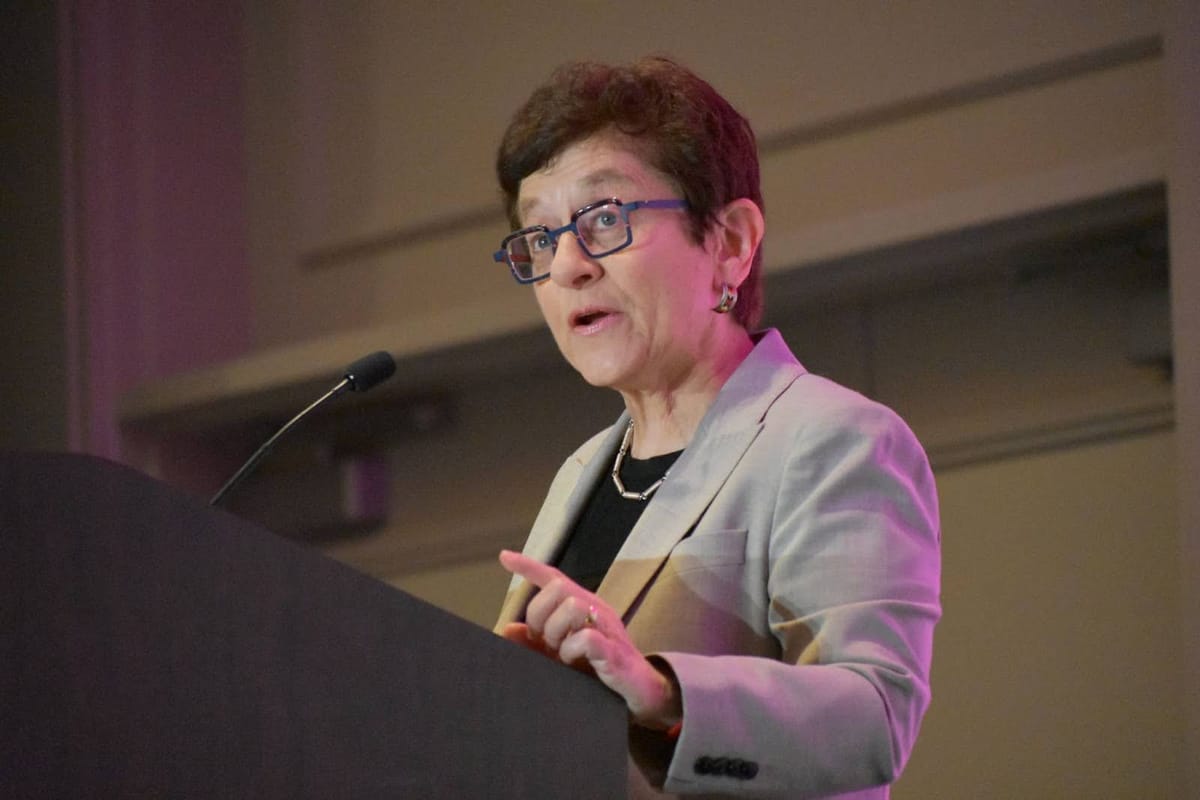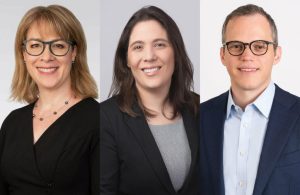
HOUSTON, May 7, 2024 – The lack of urgency at the federal level regarding continuing the Affordable Connectivity Program means the burden of ensuring that U.S. households remain connected will likely fall onto states and local communities, with a number of states having already begun to create their own internet subsidy programs.
While there is still a chance Congress may save the ACP at the eleventh hour just as they did with the program’s predecessor, the monthly subsidy program which provides eligible households with internet subscriptions at low or no cost is set to completely run out of money by the end of May.
In place of federal action, states are beginning to toy with establishing their own ACP-like broadband subsidy programs. A legal mandate in New York state, which would require ISPs to provide affordable broadband offerings, was upheld by the U.S. Court of Appeals for the Second Circuit on April 26.
The New York state law would require all ISPs operating in the state to offer low-income residents download speeds of 25 Megabits per second at $15 per month, or 200 Mbps internet services for $20 per month. It does not require ISPs to offer symmetrical services.
But according to Gigi Sohn, executive director of the American Association for Public Broadband, the fate of the New York law could be undermined by the FCC’s recent decision to reclassify broadband as a telecommunication service under Title II of the Communications Act.
“The FCC could choose to preempt the law. It could find a rationale for not preempting, or it could leave it to the courts to decide,” Sohn said at the Broadband Communities conference on Tuesday. “Should the law ultimately stand, it can serve as a model for other states.”
Sohn said one of the more innovative state subsidy efforts that she has seen to connect households to broadband was introduced by Representative Daniel Linville, R-West Virginia.
The Remote Patient Outcome Improvement Act would allow healthcare providers and insurers to partner with ISPs to provide more advanced broadband service to patients’ homes to facilitate the review of vital signs and other medical data.
This effort mirrors proposals from the National Urban League to have Medicaid subsidized broadband connectivity to improve healthcare outcomes. While the bill stalled in the last legislative session, Sohn expects it will be reintroduced next year.
Additionally, a Pennsylvania bill introduced in April would establish a statewide internet subsidy program mirroring the federal ACP.
Going forward, Sohn said a renewed focus should be placed on what can be done for the 23 million households enrolled in ACP and the additional 25 million households that are eligible for the program subsidy but have not yet enrolled.
Another option, Sohn suggested, would be for Congress to require the FCC to expand the Universal Service Fund contribution base. There were at least two bills introduced in this Congress that would do so.
“Doing this would increase USF revenue and allow it to address the looming ACP,” Sohn said. “But, it’s also controversial, particularly with cable operators who don’t pay very much.”
The USF which pays for, among other things, broadband subsidies for schools, libraries, and rural healthcare providers is running out of money because only telephone providers pay into the fund.
“This is a problem because people are shifting from phone-based communications to broadband-based communications,” Sohn said. “As they do, phone-based revenue for USF is drying up. Thus, the USF is barely able to support its existing programs, much less take on an ambitious project like funding a $30 a month subsidy.”
Early in the 118th Congress, Senator Amy Klobuchar, D-Minnesota, and Senator John Thune, R-South Dakota, introduced a bill that would require the FCC to start a proceeding using its existing authority to require broadband providers to contribute to USF.
And, just last week, Senator John Fetterman, D-Pennsylvania,introduced a bill that would require the FCC to expand the contribution base to include both broadband providers and online platforms.
There is also a bipartisan, bicameral working group led by U.S. Senators Ben Ray Luján, D-New Mexico, and John Thune, alongside U.S. Representatives Bob Latta, R-Ohio, and Doris Matsui, D-California, which is working to expand the contribution base significantly, so that the ACP broadband subsidy can be paid fully by the USF. The group is expected to reveal its proposal either late May or early June, Sohn said.
Sohn initially urged the commission to remedy the ACP funding shortage by requiring broadband service providers to contribute to USF fees in its recently adopted net neutrality order.
“However, the FCC shut down this option two weeks ago, when it chose to forbear from applying USF fees to broadband providers,” Sohn said.
“The FCC didn’t want to immediately apply the fee to broadband providers. That was very understandable, but it had other ways of postponing that decision,” Sohn said, including a shorter forbearance period.
Sohn said she believes stakeholders will ask the agency to reconsider the forbearance decision, but she said it’s pretty clear that the current FCC leadership has no appetite to require such USF contribution.
FCC Chairwoman Jessica Rosenworcel has spoken outwardly about her opposition for broadband providers to contribute to USF, saying it may lead to increased costs for consumers.
“Never in my 35 years of communications policy advocacy have I seen a program supported by virtually everyone in the ecosystem,” Sohn said of the ACP. “Industry and advocates, Republicans and Democrats all like it.
“One would think in an election year preserving a program like this would be a priority, but despite nearly a year of sustained and intense grassroots pressure, it hasn’t been,” she remarked.
A bill to extend ACP funding has six bipartisan co-sponsors in the Senate, and 230 bipartisan co-sponsors in the House, yet has stalled due to what Sohn chalked up to general Congressional dysfunction.

